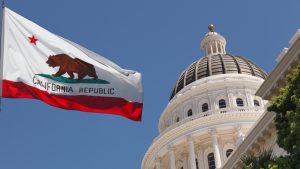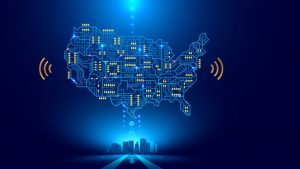The California Department of Transportation (Caltrans) has launched a new equity tool that is designed to help ensure all Californians benefit from transportation projects, and identify communities most negatively impacted by the transportation system which can result in high rates of traffic, crashes, and air pollution, as well as limited transit options.
The latest citizen survey conducted by the Seattle (Wash.) Information Technology Department has found ongoing digital divide and equity issues, and city leadership said it will use findings from survey to pursue goals including 100 percent internet connectivity for residents.
The Connecticut Department of Administrative Services’ Commission for Educational Technology has released “Connecticut: Everyone Connected,” the state’s draft digital equity plan.
The Vermont Community Broadband Board (VCBB) is kicking off a project to develop Vermont’s digital equity plan to bridge the digital divide.
Boston Mayor Michelle Wu recently announced the results of the city’s comprehensive digital equity assessment. Wu said the results will “inform the development of a plan to build a more connected Boston, expand digital services, and ensure all residents thrive with improved access to digital technologies.”
Chicago Mayor Lori Lightfoot has issued a request for information (RFI) intended to gather recommendations and ideas for how to provide affordable, quality, and reliable internet service options that meet the needs of communities most burdened by the digital divide. The city’s goal is to improve access to high-quality internet and internet adoption for residents living in historically underinvested communities.
The City of Seattle has announced its 2022 digital equity grant recipients, which include a variety of non-profits that will be receiving more than $590,000 in funding. The funding will go to 19 different organizations that will help serve over 5,000 residents all over the city to help them build the skills they need to […]
After more than two months of angling and dealmaking, the House of Representatives voted to approve the $1 trillion Infrastructure Investment and Jobs Act – also known as the Bipartisan Infrastructure Framework – on November 5, sending the bill along with its $2 billion in cyber funding and $65 billion in broadband appropriations to President Biden’s desk for final approval.
Sens. Rob Portman, R-Ohio, Patty Murray, D-Wash., and Angus King, I-Maine, introduced a bipartisan bill that aims to close the digital divide and promote “digital equity” utilizing $250 million in annual grants, according to a press release.











